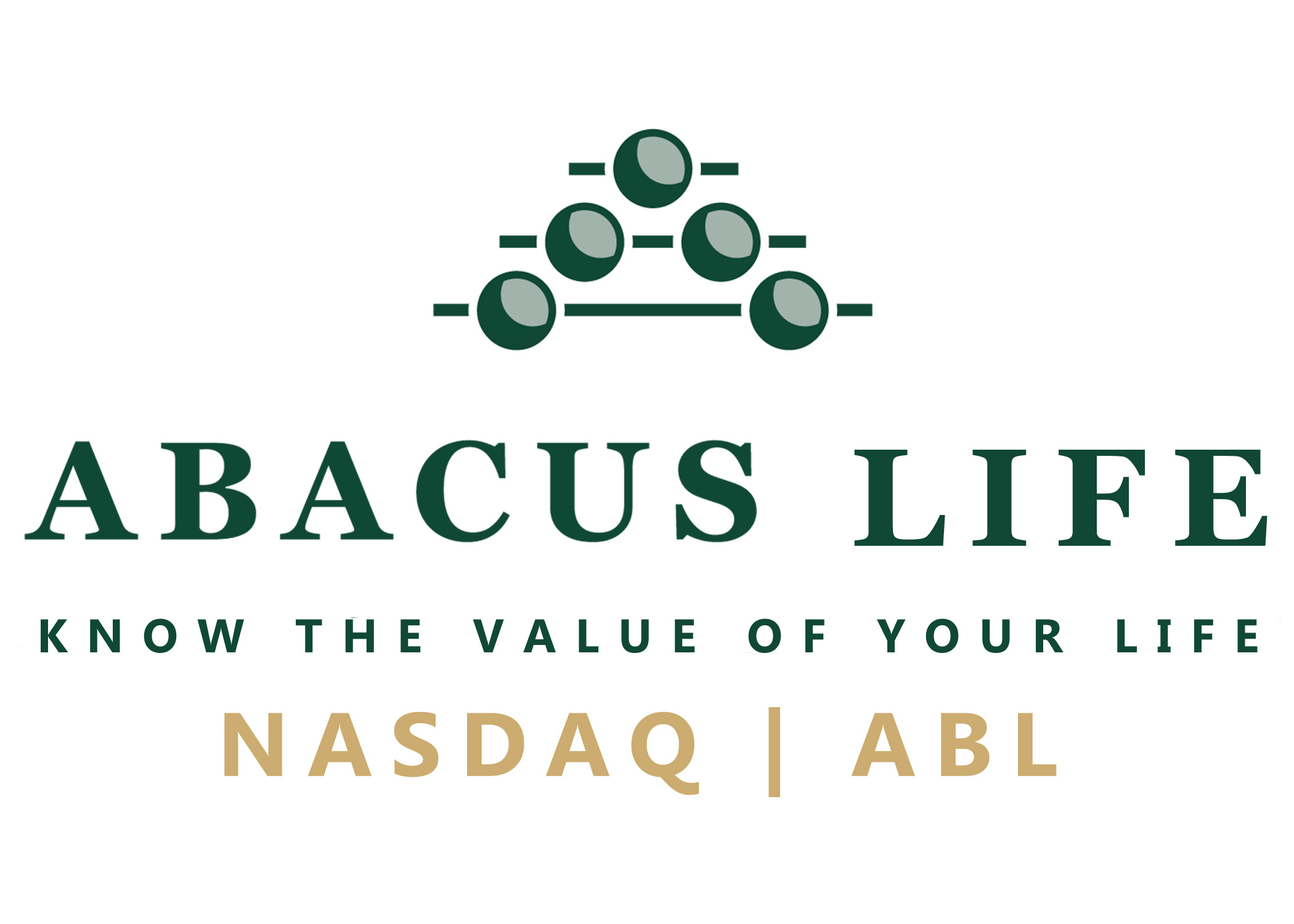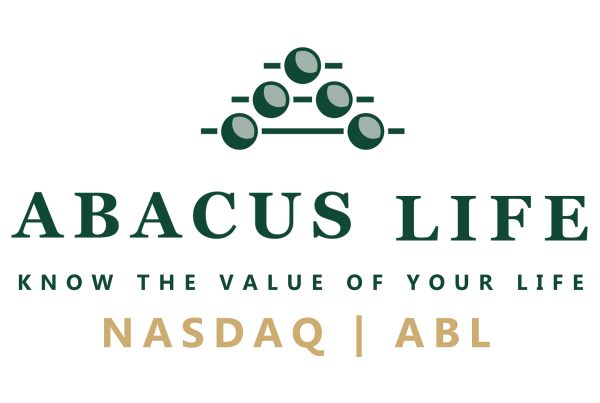In some instances, seniors will find themselves with life insurance policies they no longer want or need.
Whether the premiums are too costly, the policy is underperforming, or the underlying need for the policy is simply not there anymore, seniors will look for ways out. More often than not, they will end up surrendering the policy to rid themselves of the burden. However, that is never the best outlet.
When a policy is surrendered, one essentially agrees to take the cash surrender value that the insurance company has assigned to their policy, and in return, forgoing the death benefit. There are a couple caveats to surrendering a policy. If the policy is not very old, the insured may incur surrender fees which will lessen the amount of cash they receive. Additionally, the gain on the policy—however much it may be—will be taxed as income. It is important to make clear that death benefits are tax-exempt, but the cash amount incurred from surrendering the policy is taxable.
When one surrenders a whole life policy, they are cancelling the policy—”surrendering” and “cancelling” are synonymous terms. This inevitably means that instead of their beneficiaries receiving the death benefit, the policyholder will receive the cash value the life insurance policy has built up over time. To the individuals who are unaware that there are better options, this may seem like a win. However, this ultimately means one loses out on a significant amount of return on their investment in the policy. Examining all angles and opportunities prior to making any important financial decisions can be very beneficial to the return. Thankfully, there is a better option.
A life settlement is the sale of an existing insurance policy to a third party, like Abacus Life, for a one-time cash payout. The payment is more than the surrender value but less than the actual death benefit. Once the sale is completed, the purchaser (Abacus Life) becomes the policy’s beneficiary and assumes payment of the remaining premiums. By doing so, they receive the death benefit when the insured dies.
With that being said, when one chooses to surrender their policy instead of getting a life settlement, the insurance company comes out as the winner. A life settlement would provide the insured with a much larger payout, while also offering the option to choose whether they want to sell all or just a portion of their policy. If they choose to just sell a portion, this would leave a payout to their beneficiaries whenever they pass away—this is not an option when choosing to surrender the policy. By going straight to a direct life insurance buyer like Abacus Life, the insured bypasses having to pay commission to a broker, therefore, receiving the full cash amount. Abacus works to ensure clients get the largest possible payout—according to the annual report filed by The Deal, Abacus Life Settlements has outperformed all leading buyers in settlement offers. The report stated that Abacus paid 22.5% per policy on average, 37% higher than their closest competitor who paid an average 16.4% of policy face value to sellers.
Abacus Life works to educate individuals seeking options for their life insurance about the life settlement option. Surrendering a policy will never net the amount of cash that a settlement will, but is not a commonly discussed option among financial professionals. It is a secure and viable option for life insurance policies, and can help alleviate many financial burdens.
If you want to get started on a settlement of your own, or simply want to reach out with questions regarding the process, feel free to contact our team at 800-561-4148 and we will be happy to help!





